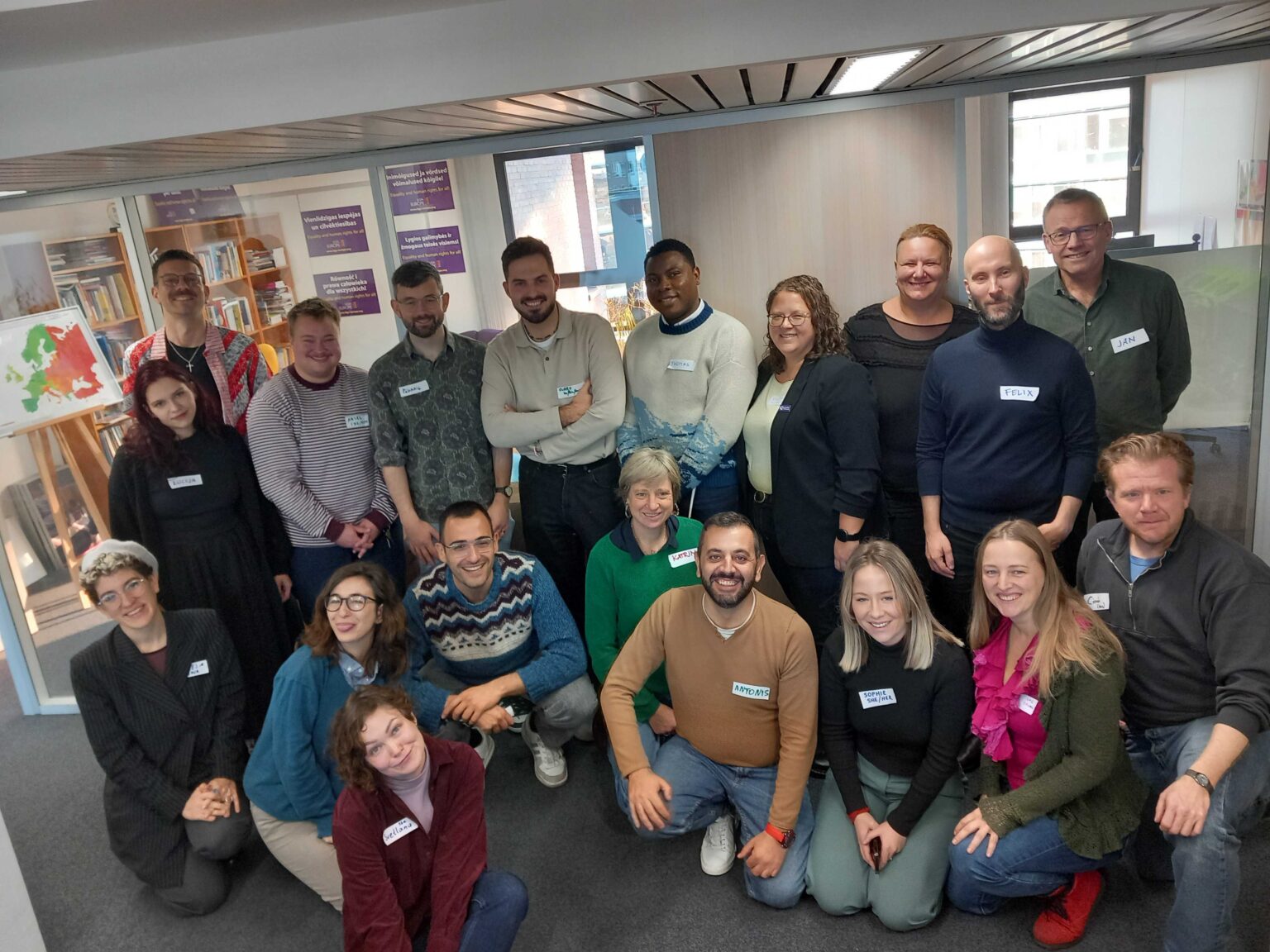How to win the fight against conversion practices in Europe

Activists across Europe are working to end conversion practices, but the insidious and underground methods out there of trying to change a person’s sexual orientation or gender identity make for a battle against many odds.
At the ILGA-Europe offices we recently hosted a meeting with activists from different parts of Europe to discuss the way forward for working to end conversion practices. For this blog, we sat down with some of them to discuss the complexities involved.
One of the key messages that emerged from the discussion was the need to expand the public’s understanding of conversion practices. While many still associate these practices with extreme forms of torture – such as electroshock therapy – the reality is more subtle. Conversion practices often take covert forms that still cause significant harm.
“Conversion practices might not always look like torture, but the effect of them is the same,” Erin Lux from Equality Scotland explained. “It is a process of trying to change or suppress who a person fundamentally is.” Curro Peña Díaz from No Es Terapia added, “What we think of as conversion practices – violent therapies – are often much more subtle and insidious. They can appear helpful, but they’re actually harmful.”
The covert nature of these practices makes them difficult to identify and combat. As Parvy Palmou from The Greek Transgender Support Association pointed out, “Most conversion practices are done behind closed doors, making them hard to prove.” Thomas Ologo from Inter-LGBT in France echoed this, noting that many conversion therapies have gone underground. He also emphasised the need for continued education, saying, “We need to ensure that people – especially professionals – understand the nuances of conversion practices so they can help prevent them.”
This shows the importance of shifting the conversation to understand that conversion practices are still widespread.
Do conversion practice bans work?
Many activists agree that while a ban on conversion practices is a necessary starting point, it is not enough. In countries where bans exist, these practices still occur underground. Aksel Emil Houmann from LGBT+ Denmark said, “A ban is not enough. We need to change the belief that queer people are broken.”
Parvy Palmou also pointed out the limitation of bans, particularly in Greece, where conversion practices are banned for minors but not for adults because adults have the capacity to provide consent. “Can someone truly consent to the torture of their own identity?” she questioned.
“By collaborating with other groups, like children’s or women’s organisations, we become stronger and more effective.”
Askel Emil Houmann, LGBT+ Denmark
For bans to be effective, they need enforcement, public awareness, and comprehensive support systems. Erin stressed: “We need to raise awareness so people understand that conversion practices are still happening and that we can stop them through both legislation and support services.”
Activists also highlight the importance of working with a broad coalition of allies. Aksel added, “By collaborating with other groups, like children’s or women’s organisations, we become stronger and more effective.”
Not simply passing laws
Alongside legal measures, activists emphasise the need to protect victims and change public attitudes. According to Curro Peña Díaz: “We need protective measures to empower victims and help them escape these harmful practices.”
Rosario Coco from Gaynet in Italy highlighted the importance of education: “We need to reach all stakeholders – mental health professionals, human rights organisations – because conversion practices involve many actors.”
Ultimately, the fight is not just about passing laws, but about shifting societal attitudes. Rosario pointed out, “A ban is crucial, but we must also move public opinion, influence institutions, and educate civil society.”
The fight to end conversion practices is complex but not impossible. Activists across Europe are leading the charge, with strategies that include raising awareness, enforcing legislation, building coalitions, and changing public perceptions. As Curro Peña Díaz summed up: “We need to ensure people know conversion therapy is still happening and that it’s extremely harmful.”

